Written by Trackandmemes, July 27, 2023
Arnaud is known as a top-level Belgian athlete whose attribute is his pole vault. With a personal best of 5 meters 72 dating back to 2018, he hasn't forgotten his Olympic goal of Paris 2024.
But behind the visible face of this pole-vaulter also lies an athlete committed to African youth.
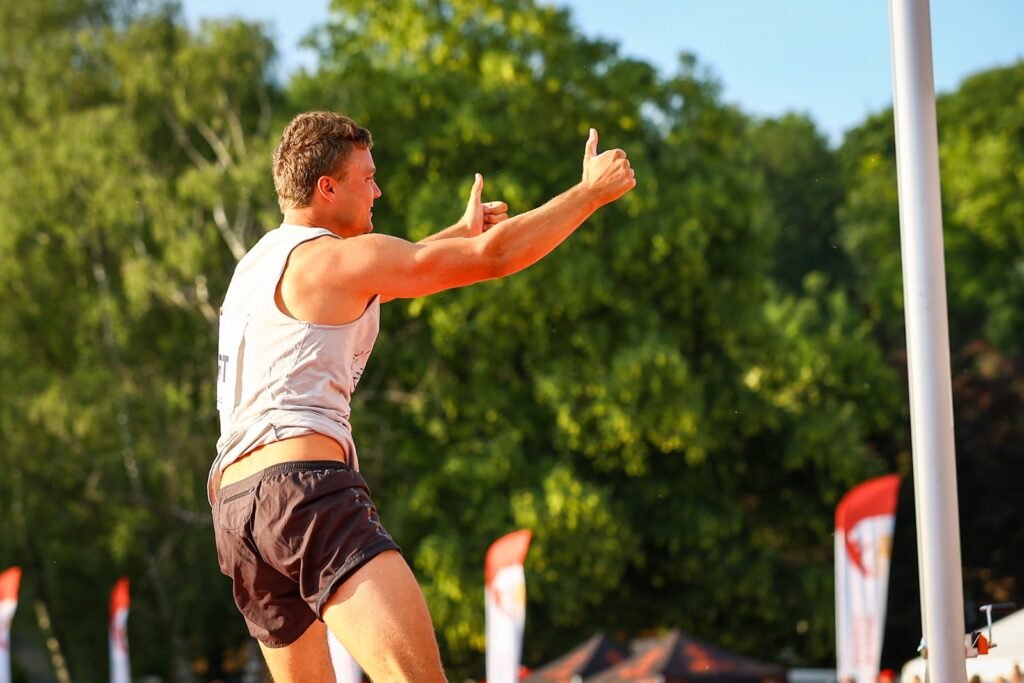
Describe yourself in 3 words
Sportman
Good living
Because I'm not the most die-hard of sportsmen...
Bounded
With my coaches, because if we don't see eye to eye, I really feel the need to discuss it so I don't get bent out of shape. I'm a bit stubborn, a bit sure of myself sometimes. In my jumps or in competition, when my coach gives me a directive and I feel it's not going well, I'll say so. I like to encourage coach-athlete communication, rather than just doing what the coach says.
You recently left for Benin on a humanitarian project. Wasn't it too complicated to combine sport with this project?
We went to Benin during the off-season, from September to October. It was really great, although quite tiring. It was my first time in Benin.
I've always loved doing sport and travelling. Having a routine but being able to break out of it quite easily. For example, I rarely go on a sports course, but I still try to visit another country once a month for my own pleasure.
What does the project involve?
We help a school and an orphanage.
The Beninese association is called Donatin and is mainly made up of women. There is also a second Franco-Belgian association called volodalenassociation.
The association is open to all motivated people.
We have sewing and farming projects, and land. The aim is to set up an agricultural school to provide jobs for young adults, and feed the orphanage with leftover food.
Benin is a fairly poor country. We've realised that even if children go to the best schools, they still end up finding it hard to find work.
So our main objective will be to provide support, such as IT training.
And what about the help?
We have two trails in France that enable us to sponsor orphans at school level. So these are races organized in Europe.
Our other partners include Microsoft, Volodalen and Wootlab.
The hardest thing is to be invested for the long term. Because when you start out, you're motivated and full of energy. You start by going once, but you have to be able to continue managing projects even from a distance.
Were you able to link athletics to this association?
Yes. In the early days, we did several activities!
We pole-vaulted with bamboo there. Sally pole-vaulted.
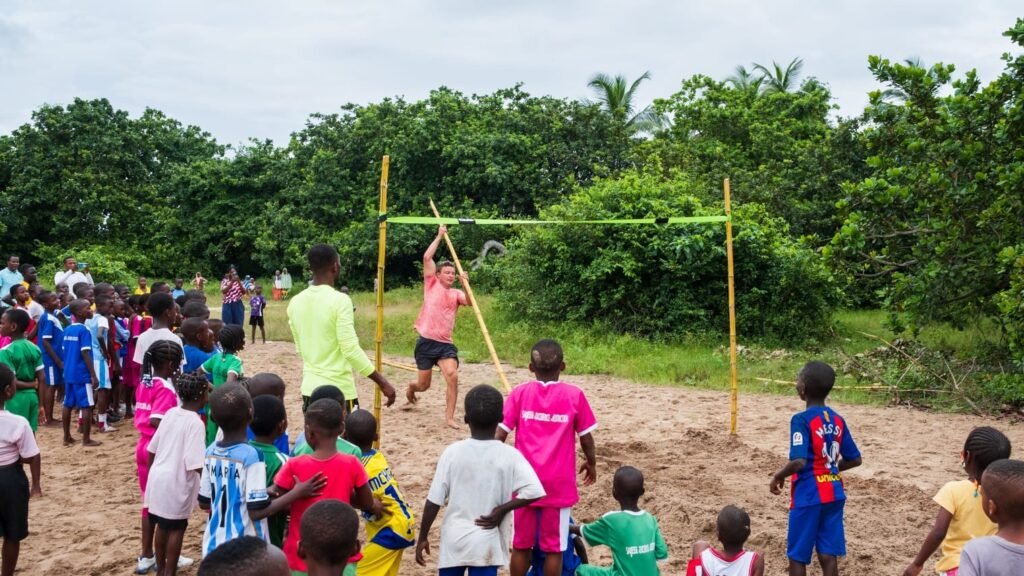
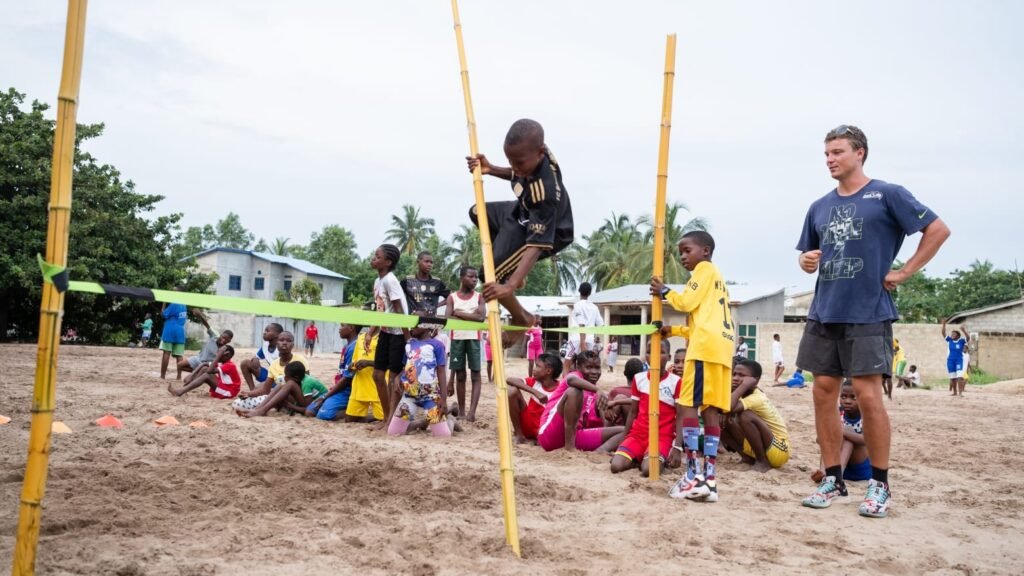
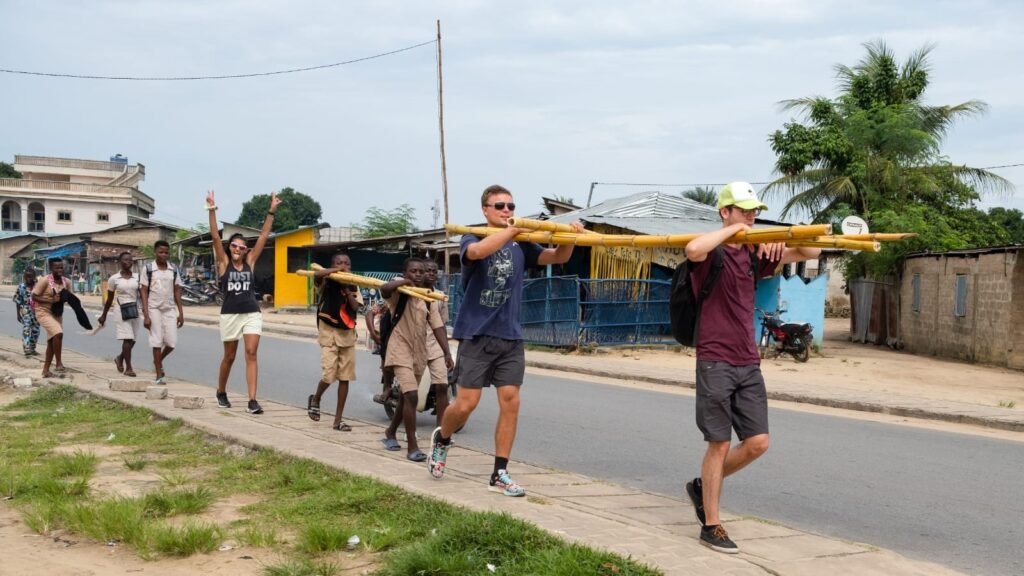
And at school, they have athletics classes. They have a big sand field where they do shot put, long jump, high jump, races...
It's difficult because there aren't many clubs, and even fewer competitions.
But the introduction to athletics isn't our priority because it requires a lot of energy, and we'd rather put that energy into education to provide them with work.
Getting back to performance, are you thinking of making a comeback soon?
I've been injured for three and a half years. But towards the end of August, I start my preparation for the Olympic Games. My dream is to be able to train in September without too many physical problems. I know that if I train hard, I'll soon be able to reach a good level.
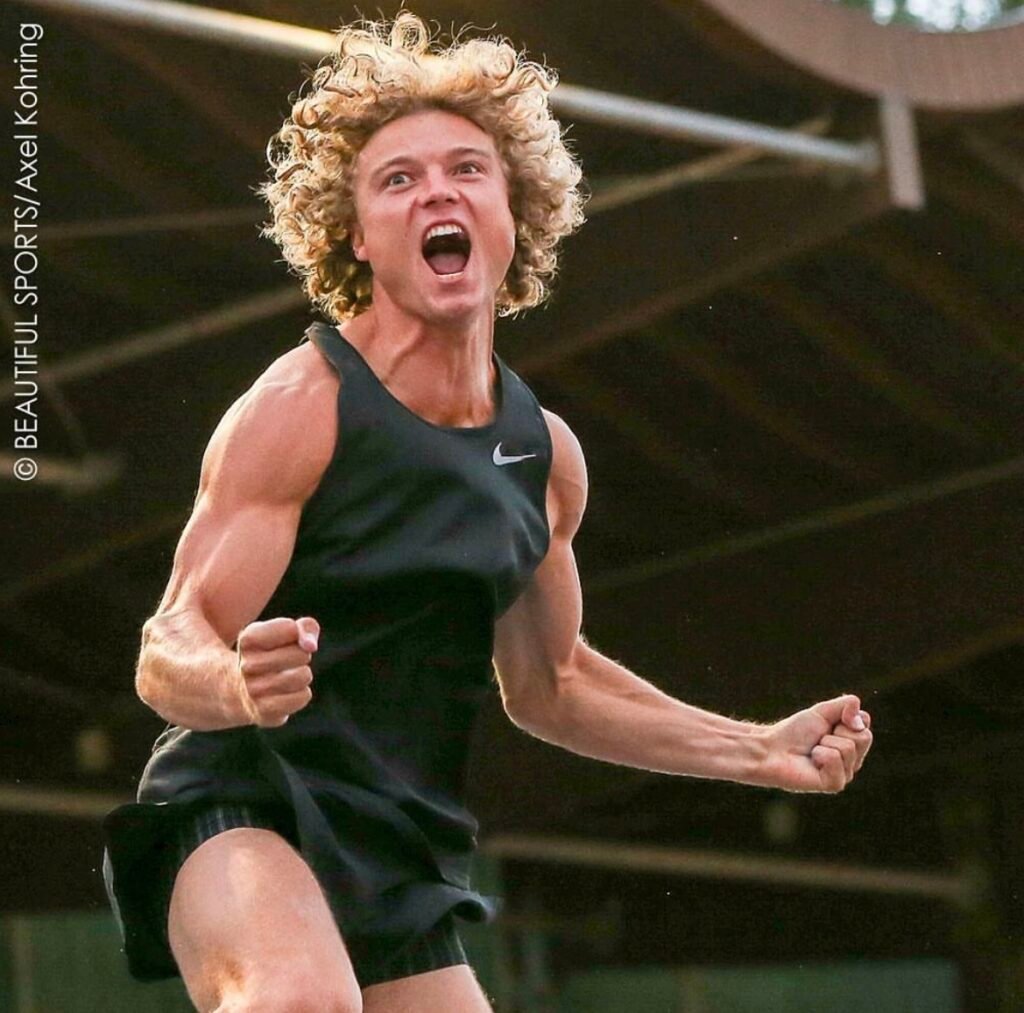
What's your typical training week in Hannut?
I have two jumping technique workouts, and I arrange my week so that I'm in shape for both. Ideally, I'd like to jump on Tuesdays and Saturdays. On top of that, I add two sessions of sprint-type running and two sessions of weight training and muscle strengthening. But I really try to be in shape for my jumps, so I may have to cut back on my strength training to be in shape for the jumping session.
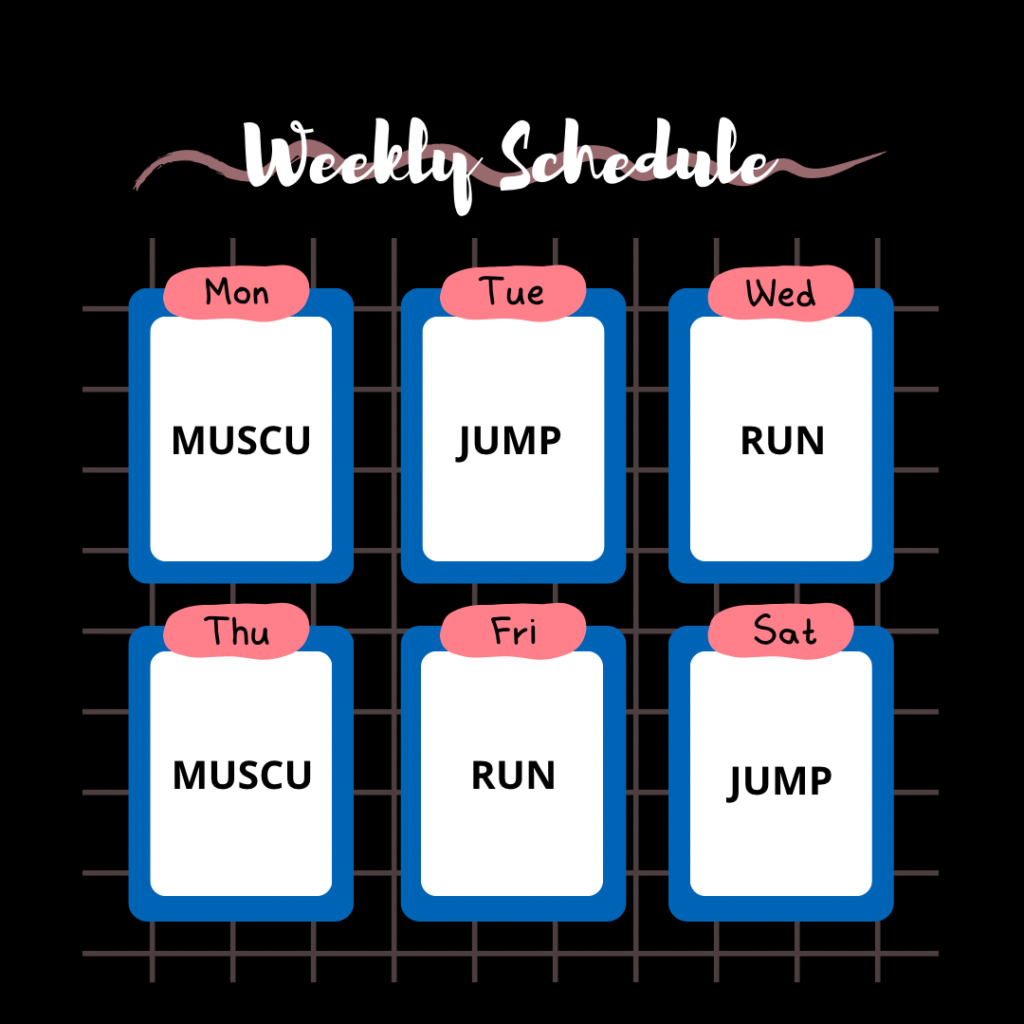
At the beginning of the week I do a high volume, and at the end of the week I decrease the volume by adding intensity.
In your opinion, what qualities would you need to be good at pole vaulting?
Pole vaulting is a highly technical sport. There are a number of different pole-vaulter profiles emerging, such as Duplantis.
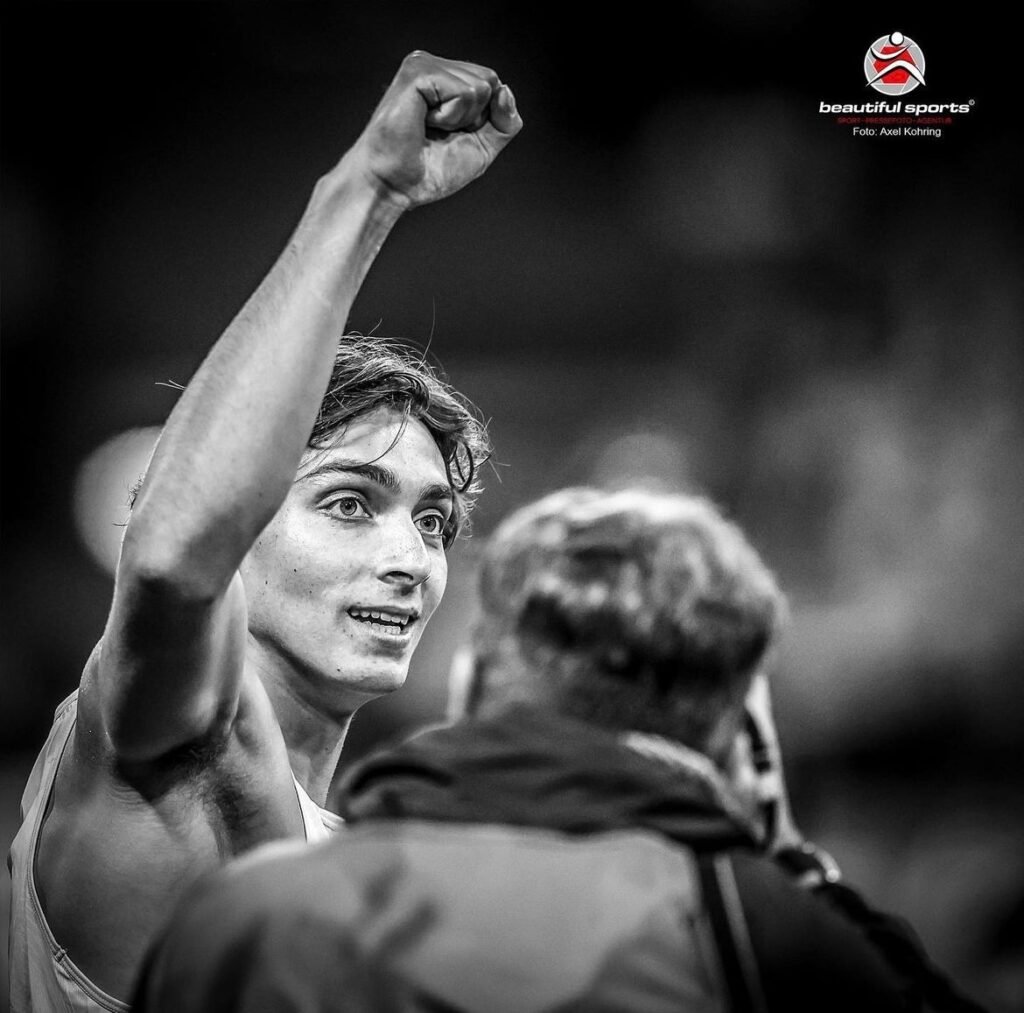
Duplantis est très rapide, Renaud Lavillenie aussi. Ce sont de petits gabarits qui iront vite et plieront leur perche très fort. Il y a d’autres gabarits qui sont plus costauds et lents, mais qui sauteront avec puissance et force.
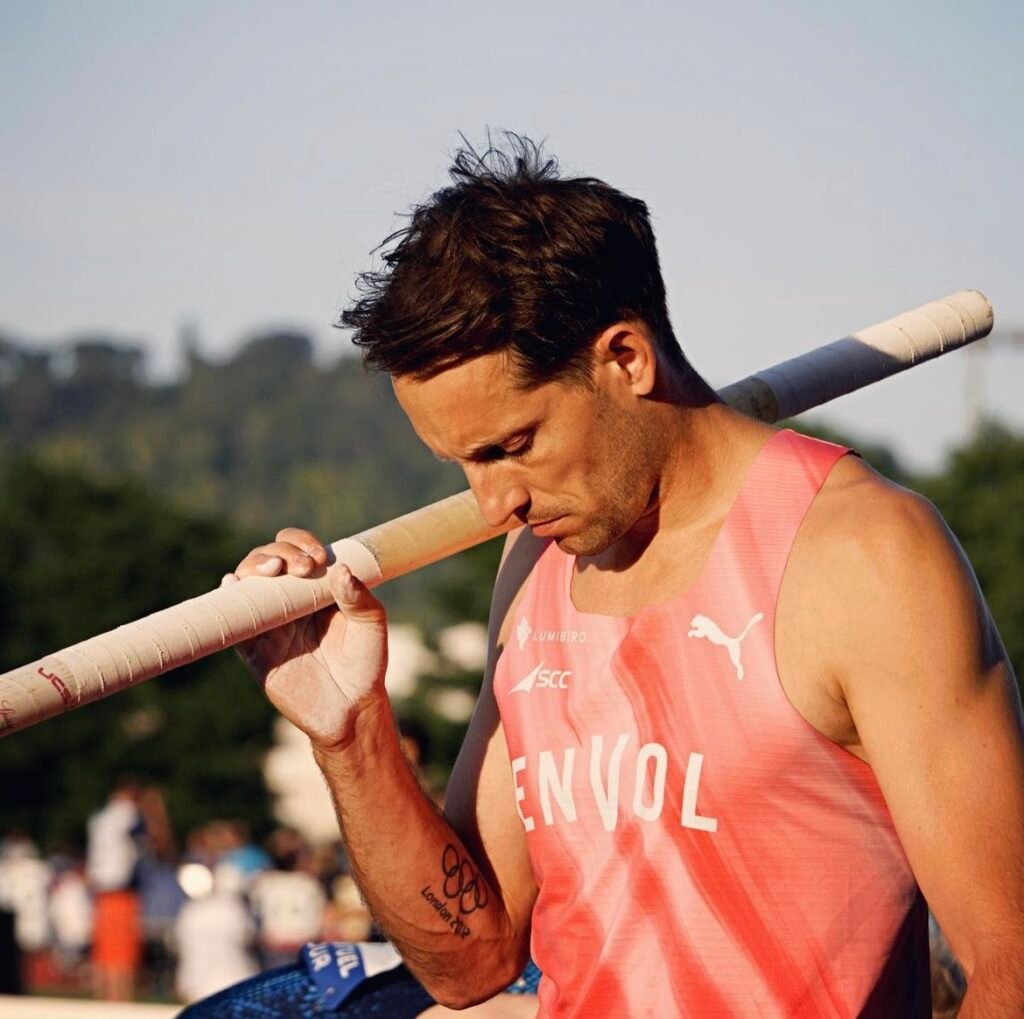
And there are still others, like Sam Kendricks, who will be ejected from the pole with the fluidity of a gymnast.
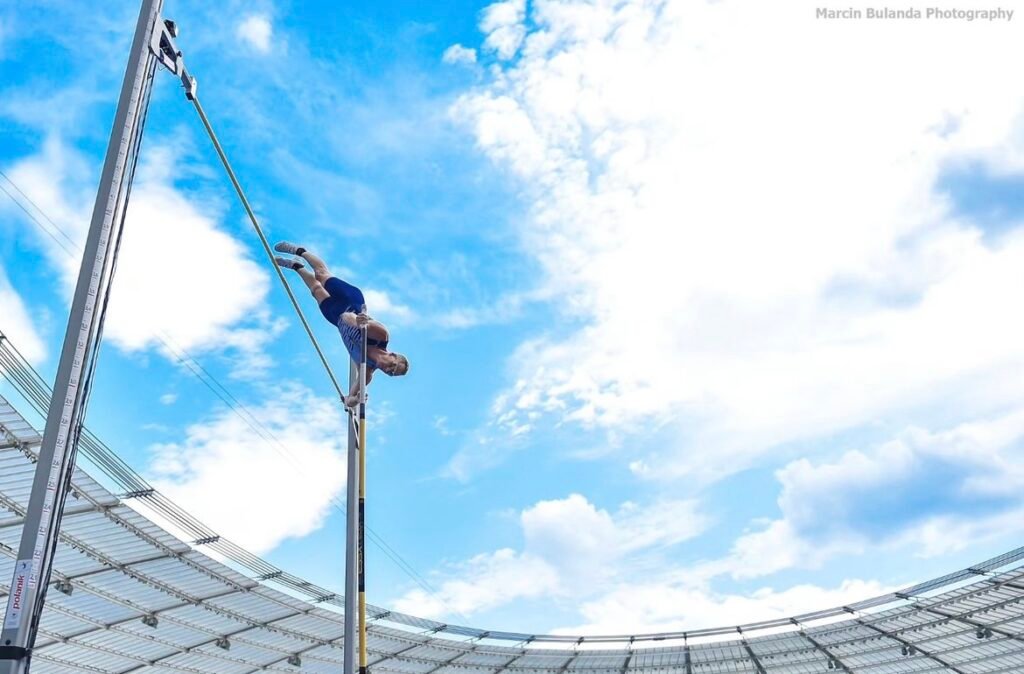
At the moment, being fast seems to be the ideal asset, but people with strength and those with less physical qualities can also succeed!
All these qualities make pole vaulting different from sprinting, where you simply have to be fast, or shot put, where you have to be really strong in the gym.
And when it comes to discipline, what should we be diligent about?
I see top-level sport as a marathon. In athletics, what counts is consistency. An athlete's career doesn't stretch over 20 to 25 years, as you might think. It can last up to 35 years. I see a lot of athletes putting themselves under a lot of pressure or training at very high intensity around the age of 20. Then, after 25, if they don't succeed, they'll be very disappointed. But you have to remember that after 25, we've still got 10 years to go! For me, the key is consistency. You have to train, build something solid and go step by step.
I've seen top athletes start from an extremely low base. They had very few qualities and weren't very technical... So you wonder how they'll manage. But in the end, they do.
And what about the purely "high-level" side?
Not everyone can play top-level sport. But if you give yourself the means and, above all, if others give you the means, you'll have a better chance of succeeding.
Let's take the case of a student. You have to be able to train every day. That means having supportive parents, a track nearby and a good coach.
If the whole environment is favorable and the student doesn't injure himself too often, he'll manage to build a fine foundation. At some point, something will happen.
For me, the one who succeeds is not the one who trains the hardest, but the one who trains the best for the longest.
Could you see yourself as a decathlete, or is your devotion to the pole irreplaceable?
No, I couldn't have been a decathlete. I like the idea of being a specialist, although it's a question I'm often asked.
Are you still inspired by other athletes after all these years?
It's true that, over time, all those we used to see as role models have stopped. And those who are strong now, I try to see them as competitors. Even if they jump a metre more than me. I try not to make athletes too sacred.
Are you already planning your post-career career? What's your life like now?
I've already worked in a biomechanical laboratory for Volodalen.
I'd like to continue working in sport. From time to time, I'd like to do some personal coaching. I studied economics, then mathematics and statistics. I'm good at computers, so I could see myself creating training plan programs for athletes from different sports.
But right now, and until next year, I'm devoting myself to my sport.
Any advice for young people in Belgium who want to perform in your discipline?
A sporting career is a long-term thing. You need to surround yourself with the right people. Surround yourself with good people, but not only good people. You also need to surround yourself with people you want to live with, because you spend most of your free time with them!
Surround yourself with people who listen to you and with whom you get on well. It's the best thing you can do.
Sometimes, young people like to go far away to train with great coaches. But you have to look at the whole picture, including the post-career phase. A sporting career only lasts a few years.